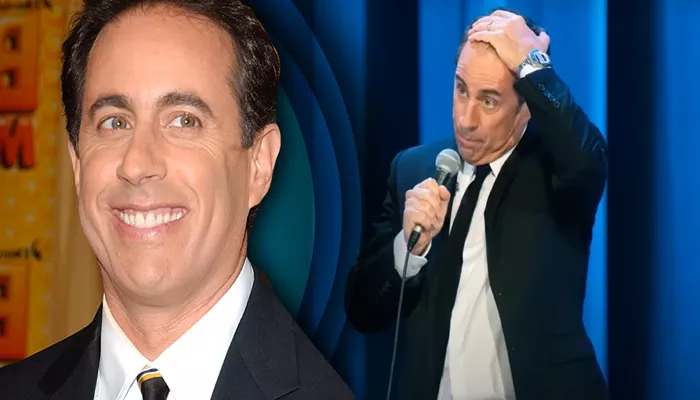When police officers talk about wanting to “clean up the streets,” are they willing to back up those words with real action?
In the 1990s, the popular sitcom Seinfeld wasn’t known for tackling big political issues. The show focused on the small, quirky aspects of daily life in New York City, such as the strict rules of a local soup restaurant or the demands of bagel shop workers. The characters never openly discussed national politics, but Seinfeld often touched on local issues in subtle ways. One such instance came in the episode “The Chinese Restaurant,” where George, Jerry, and Elaine debated the relative importance of garbage men and police officers.
Nearly 34 years later, Jerry’s playful suggestion to combine the duties of police and sanitation workers seems more relevant than ever. Could this idea be gaining momentum?
According to New York City’s Independent Budget Office, the city spends about 10 percent of its annual budget on public safety, while only 2 percent of the $100 billion budget goes toward sanitation. While George Costanza might not speak for all New Yorkers, many might question why cleaning up crime is seen as five times more valuable than actually cleaning the streets. After all, much of the public safety budget goes to overtime pay for officers, some of whom spend their shifts distracted by their phones.
George’s point that crime might never be completely eradicated raises an interesting question. The goals of the Department of Sanitation, however, are much more achievable—and less complicated—if only a few extra public workers were willing to get their hands dirty. You might see police officers passing time on their phones during a shift, but it’s rare to see garbage men taking a break at the curb to scroll through Instagram.
At a time when trust in law enforcement is at an all-time low, cops could improve their public image by following Jerry’s advice. Instead of just waiting for the next crime to solve, they could use their downtime to tidy up the city. And who knows? Maybe even Lieutenant Bookman would agree—there’s always time to sweep the streets before tackling those overdue library books.

